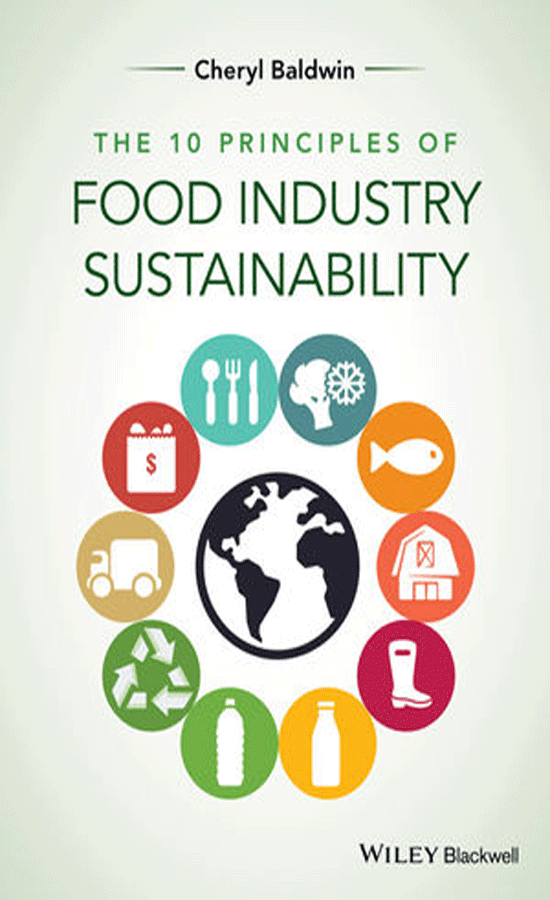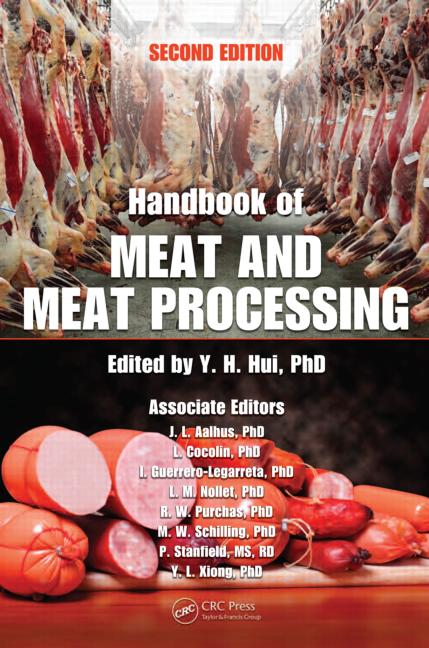Meat industry groups offer praise after conclusion of TPP negotiations
The United States, Japan and 10 other Pacific Rim countries reached agreement on the Trans-Pacific Partnership, the largest regional trade accord in history. The deal still needs approval in Congress, where there has been some bipartisan opposition to the deal, reports The New York Times.
“When more than 95 percent of our potential customers live outside our borders, we can’t let countries like China write the rules of the global economy,” President Obama said in a statement. “We should write those rules, opening new markets to American products while setting high standards for protecting workers and preserving our environment.”
The TPP, initiated in late 2008, is a regional trade deal that includes the United States, Australia, Brunei Darussalam, Canada, Chile, Japan, Malaysia, Mexico, New Zealand, Peru, Singapore and Vietnam, which account for nearly 40 percent of global GDP. The Pacific accord would phase out thousands of import tariffs as well as other barriers to international trade, like Japanese regulations that keep out some American-made autos and trucks. It also would establish uniform rules on corporations’ intellectual property.
The conclusion of the Trans-Pacific Partnership negotiations in Atlanta yesterday prompted comments from several meat industry trade groups.
"NCC applauds U.S. Trade Representative Michael Froman and his team of negotiators for their years of work on the TPP. The TPP represents a significant opportunity to expand U.S. chicken exports and bring increased economic benefits to chicken farmers and companies across the country,” said National Chicken Council (NCC) President Mike Brown.
"Our major goals in this deal are to get a strong commitment on enforcement, in particular in the area of sanitary and phytosanitary measures. Second, we hope to see that the long-protected Canadian market is finally opened to free trade for poultry.
"We look forward to reviewing what we hope will be a commercially meaningful and high standard agreement that will open markets and increase U.S. chicken exports,” he added.
The North American Meat Institute also applauded the agreement.
“TPP will cut trade barriers and set common standards for more than 40 percent of the global economy. It is essential to the stability and long-term viability of our industry by expanding U.S. beef, pork, lamb and poultry exports,” said NAMI President and CEO Barry Carpenter. “The agreement holds enormous potential for American meat exports, and levels the playing field for American workers and business in the world’s fastest growing economic region.”
“TPP will strengthen our strategic relationships with trade partners in the critical Asia-Pacific region, enhance our competitiveness and support high-paying American jobs, while promoting transparency, driving innovation and supporting robust labor standards,” Carpenter added. “The Meat Institute looks forward to reviewing the final text and to working with Congress to ensure its full approval and implementation.”
World Trade Organization Director-General Roberto Azevêdo congratulated the 12 countries for successfully concluding the negotiations and urged the WTO members to accelerate their work so that agreements on negotiated outcomes can be achieved by the organization’s 10th Ministerial Conference in Nairobi, December 15-18.
“I congratulate the TPP countries, their ministers and their teams of negotiators,” Azevêdo said. “The success of the TPP negotiations is proof that a diverse group of countries can strike a deal on a broad and complex trade agreement if the political will and determination are there. I hope that the result in Atlanta will serve as an inspiration for WTO members as we seek to produce substantial outcomes by Nairobi.”
The National Pork Producers Council expressed confidence that the TPP agreement will benefit all sectors of the U.S. economy and will provide enormous new market opportunities for high-quality American pork products.
“NPPC played an active role throughout the five-plus years of negotiations,” said association President Dr. Ron Prestage, “providing U.S. negotiators with key information on barriers we face in the 11 other TPP countries and offering guidance on outcomes that would ensure substantial new market access benefits for U.S. pork in those markets.”
Iowa State University economist Dermot Hayes, who said a final TPP agreement could be “the most important commercial opportunity ever for U.S. pork producers,” estimated that a good outcome for pork in the trade pact could increase U.S. pork exports over time exponentially and help create more than 10,000 U.S. jobs tied to those exports. Last year, the U.S. pork industry shipped about $4.5 billion of products to the 11 TPP nations.
Sources: NCC, NAMI, WTO, New York Times, NPPC
Looking for a reprint of this article?
From high-res PDFs to custom plaques, order your copy today!







